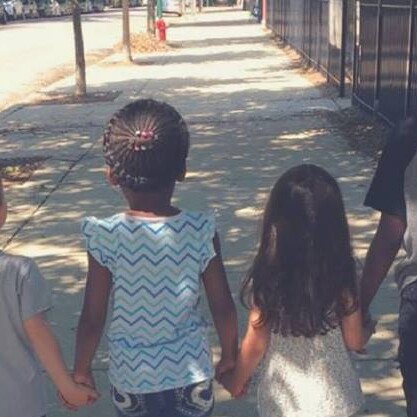
2017:
Ferrai Pickett, Heather DeJonker, and Maria Ippolito
"We knew that we could not remain silent or else it would seem like we were agreeing with this person or that we were afraid to speak up," said Marie Ippolito. Marie, partnered with two educators in Chicago defied a racist letter by bringing their neighborhood together to celebrate kindness and community."
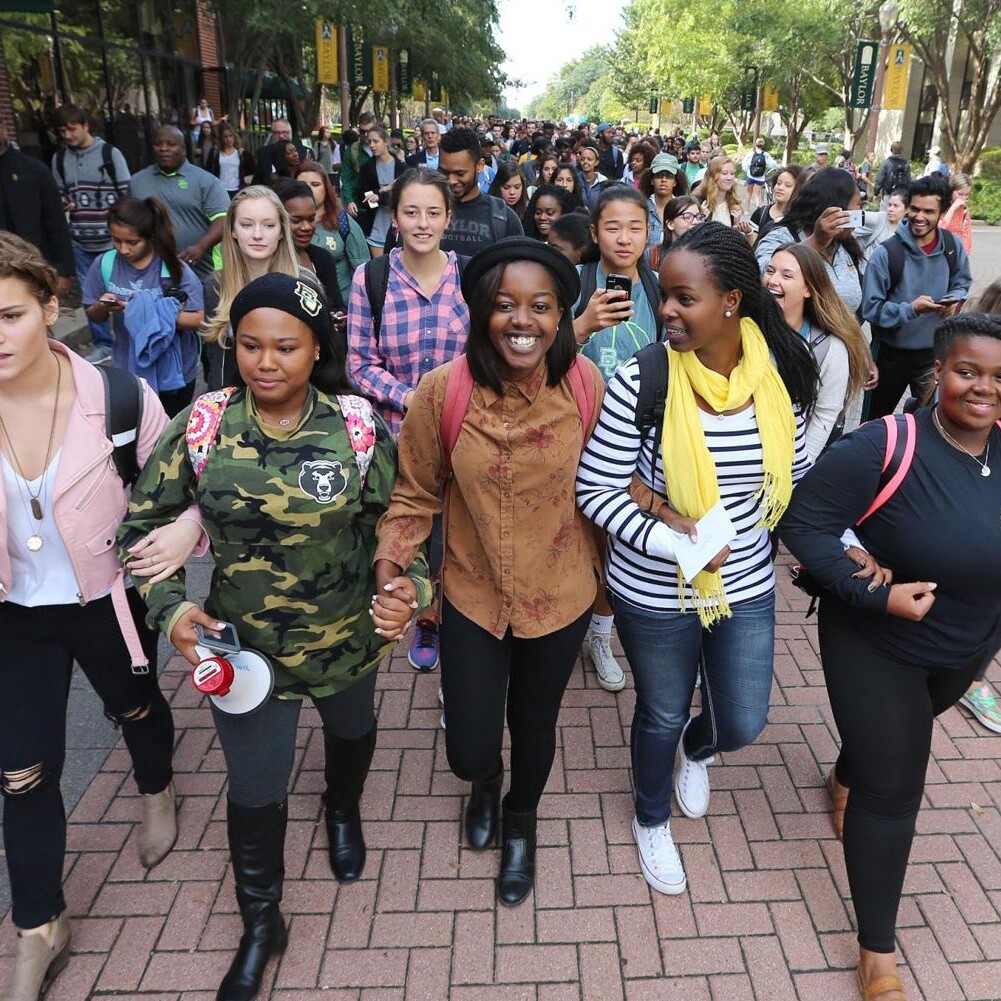
2016:
#IWalkWithNatasha
"When a sophomore at Baylor University in Waco, Texas, was shoved and called a racial slur, her community rallied around her to show that their campus would not turn a blind eye to hatred."
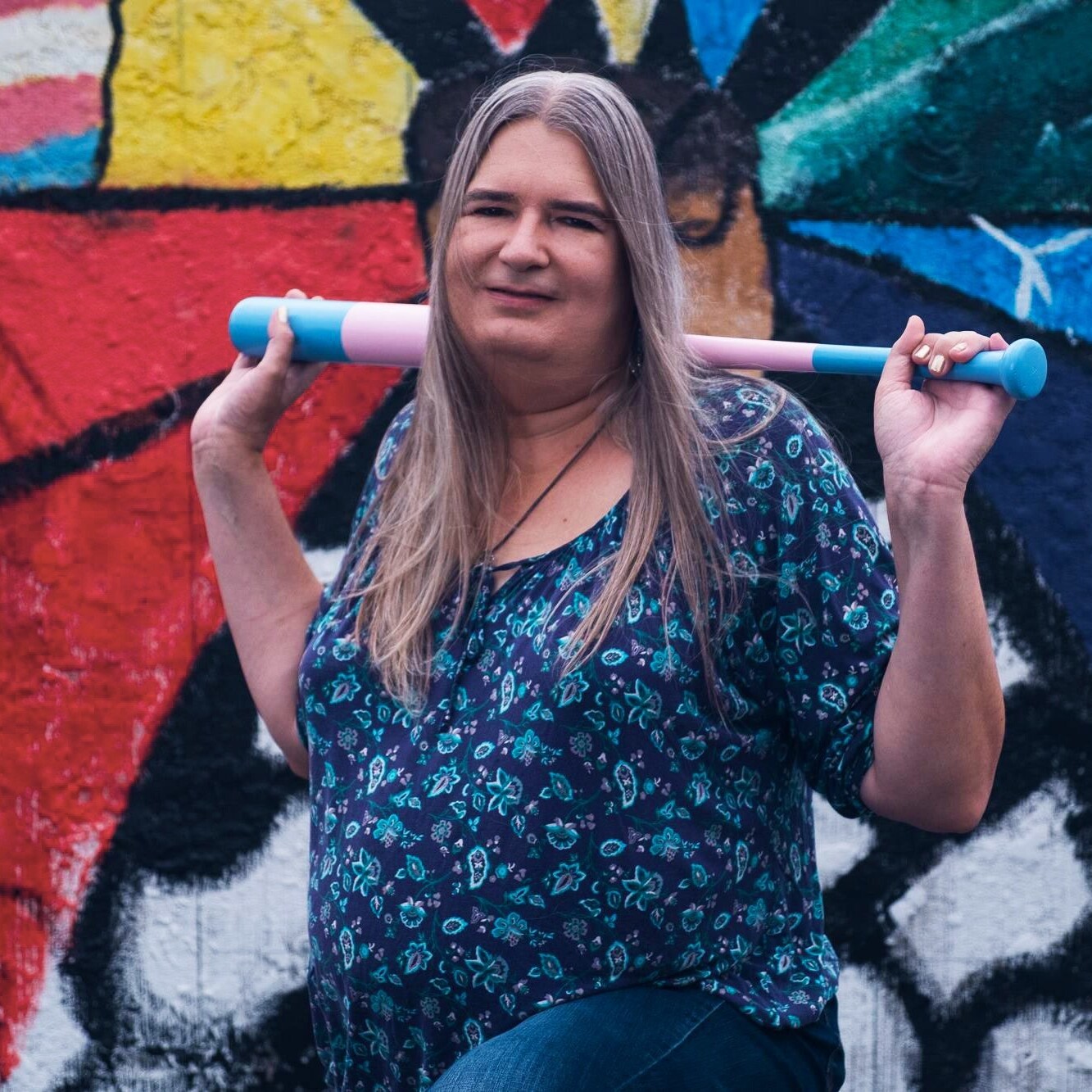
1998:
Gwendolyn Ann Smith
"After a series of anti-transgender murders were misreported or forgotten, one activist created a day of remembrance to preserve the memories of trans lives taken by violence."
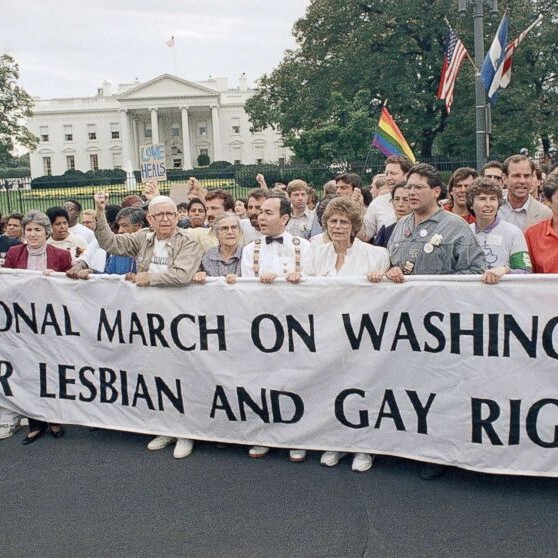
1987:
Second March on Washington for Gay & Lesbian Rights
"Nearly 300,000 marchers advocated for LGBTQ rights including the right to marriage, repeal sodomy laws, and end discrimination against people living with HIV/AIDS. It is the largest LGBTQ civil rights rally ever held in the United States."
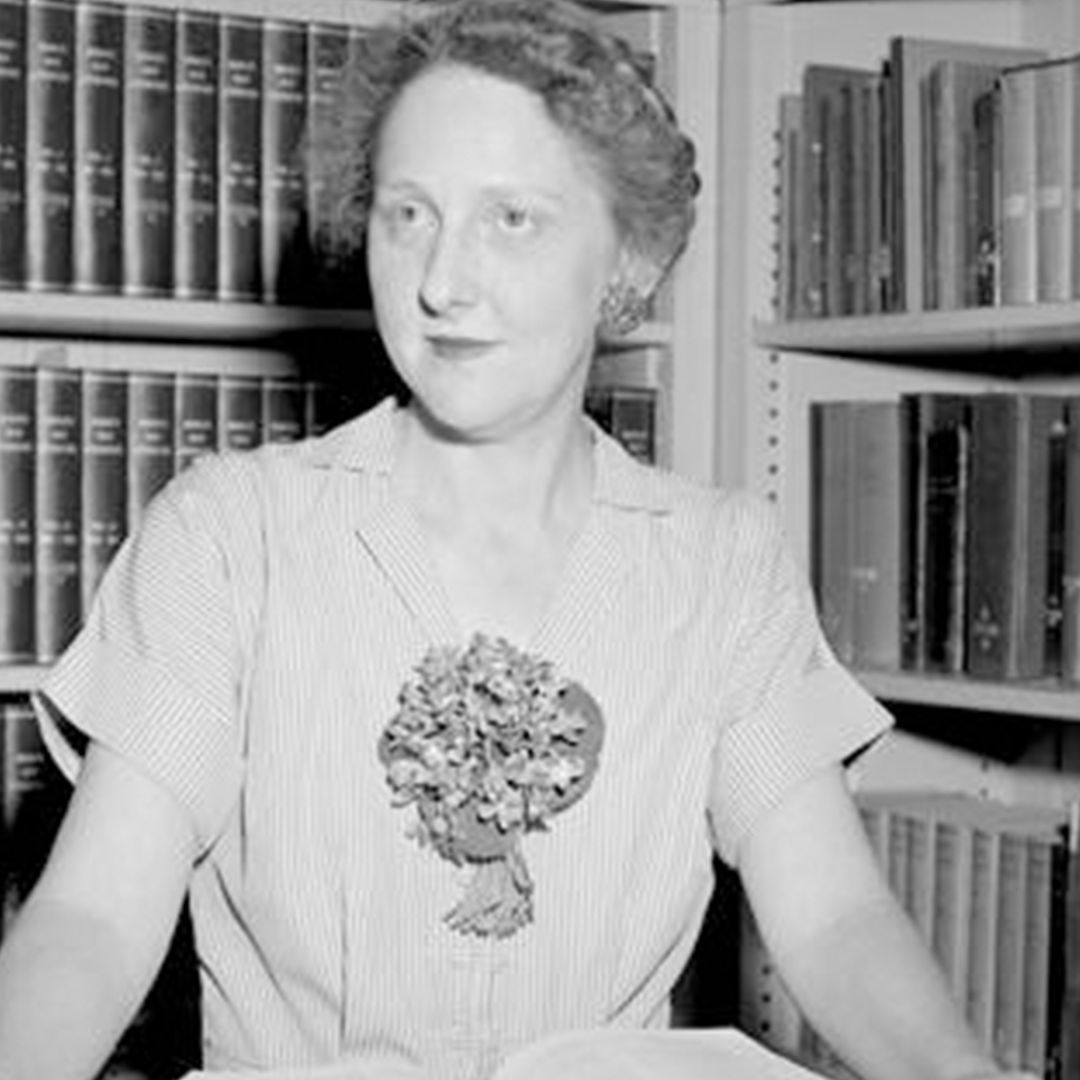
1956:
Juliette Hampton Morgan
"Juliette Morgan, Montgomery Librarian, began standing up to civil rights abuses in 1932 with letters to the local newspapers. By 1955, Morgan actively supported the Montgomery Bus Boycotts and was ostracized from her community, threatened, and ultimately died by suicide."
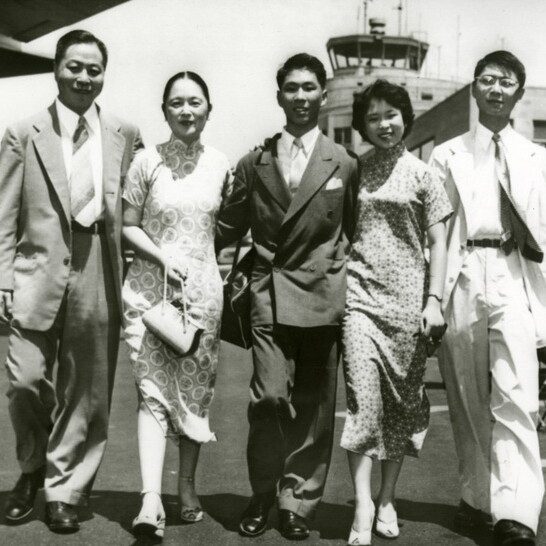
1956:
Sherman Wu
"After his fraternity de-pledged him because of his race, Sherman Wu, a college freshman spoke out and brought national attention to racial discrimination on college campuses."
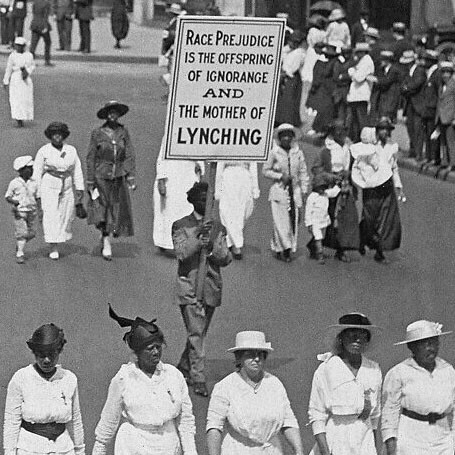
1917:
Silent Protest Parade
"After white mobs attacked and murdered more than a hundred Black people in a brutal riot in East St. Louis, New Yorkers marched in protest. Thousands joined the silent parade down Fifth Avenue to demand justice and an end to violence against Black Americans."
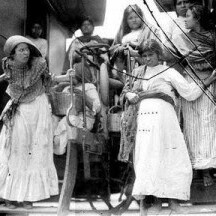
1917:
Carmelita Torres
"Seventeen-year-old Carmelita Torres from Mexico refused to submit to dangerous and humiliating sanitation demands at the U.S. border. Thousands joined her to protest the mistreatment of Mexican workers and immigrants in El Paso."
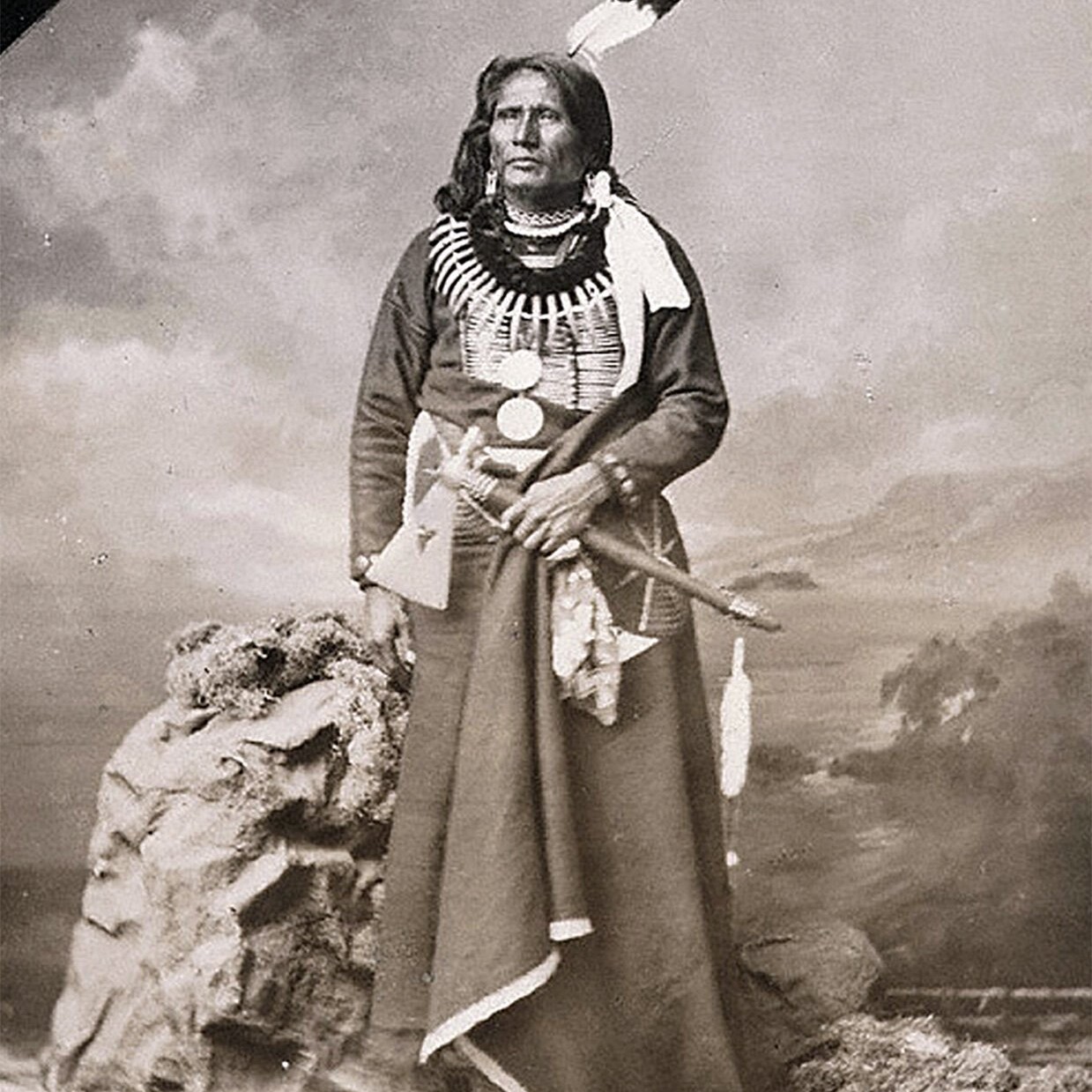
1879:
Standing Bear
"While returning his son’s body to the Ponca tribe’s stolen homeland, Standing Bear, the Ponca chief was arrested. Not only did he fight for the right to bury his son in his ancestral land—he demanded that the U.S. courts recognize Native Americans as human beings."
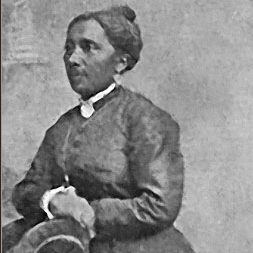
1854:
Elizabeth Jennings
"A century before Rosa Parks challenged the segregation of Montgomery city buses, New Yorker Elizabeth Jennings refused to leave a whites-only streetcar. When she was removed by force, she took the streetcar company to court."

